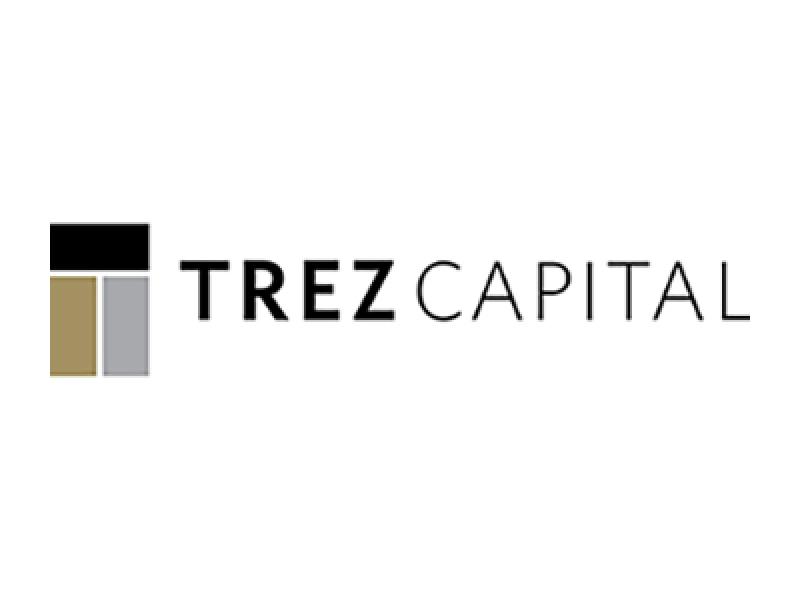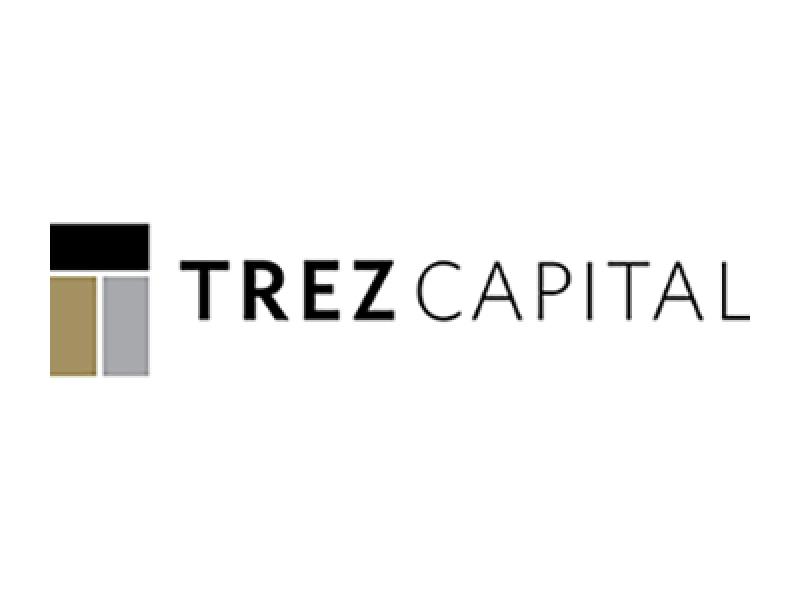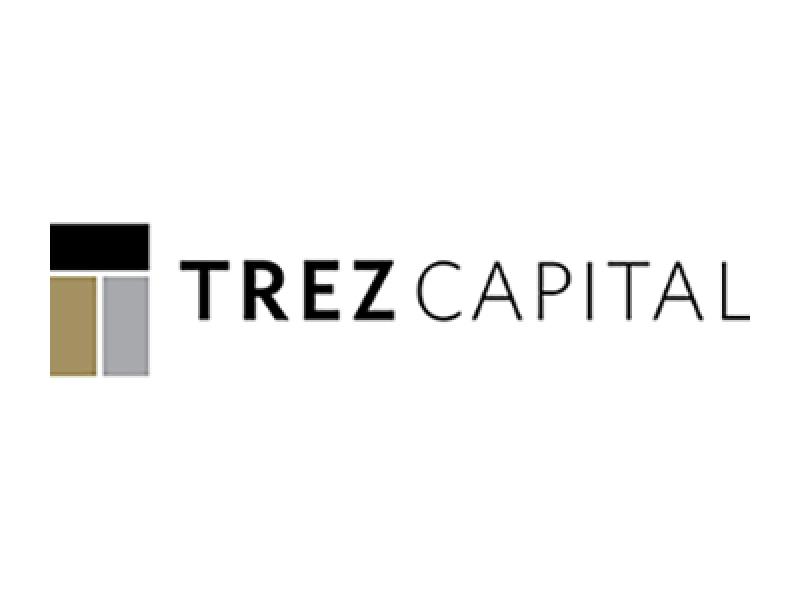Alberta and British Columbia are leading Canada’s next wave of real estate development and investment.
What’s happening in these provinces signals a broader shift in Canada’s economic trajectory — one that policymakers, investors and urban planners across the country must take seriously.
Institutional construction investments rose across Canada by nearly 10% during 2024, according to Statistics Canada, with British Columbia seeing the second largest gain, reflecting growing confidence among developers and capital providers. Beyond the data, there is a deeper story about where Canadians are moving, where businesses are growing and where future economic opportunity lies.
Alberta, in particular, is attracting thousands of new residents from other provinces seeking affordability, jobs and a better quality of life. Both Alberta and B.C. are benefiting from a wave of economic diversification, with sectors like technology, life sciences, logistics and renewable energy expanding rapidly. Calgary and Edmonton are leading Canada’s housing recovery, driven by affordability and strong local demand, while B.C.’s high home prices and slower population growth are expected to keep sales below long-term averages.
Western Canada’s pro-development environment is also a major factor. Compared to over-regulated and slow-moving markets like Toronto and Vancouver — where lengthy permitting processes and bureaucratic hurdles can delay projects for years — many municipalities in Alberta and smaller municipalities outside metro Vancouver in B.C. offer a faster, more efficient pathway for real estate development. Across much of Western Canada, there is a clearer focus on getting projects approved and built, which matters to developers and investors who need to move quickly to meet demand. Strong interest in multi-family residential, industrial and mixed-use developments is also driving growth as these provinces work to accommodate expanding communities and businesses.
Still, considering this opportunity, we can’t ignore the growing uncertainties in the broader economy. Tariffs and cross-border supply chain disruptions are top of mind. While the full impact of tariffs is still playing out, there’s real concern about how they might affect construction costs, project feasibility and future demand. On the industrial side, however, Alberta and B.C. remain stable for now. Alberta continues to supply 70% of U.S. oil imports, and we’re seeing strong pockets of industrial demand in metro Vancouver, including a recent +/-650,000-square-foot spec building fully leased at completion to a data centre hardware manufacturer. The lease was finalized after tariffs were introduced.
But construction costs are another story. Early indicators suggest tariffs could add 4% to 6% to hard costs, depending on where and how far along a project is. Mechanical, plumbing and electrical components are especially vulnerable to tariff and code change-induced cost increases. For now, most construction budgets include 3% to 5% contingencies, which may be sufficient; however, going forward, a more conservative approach may be necessary. Higher contingencies and tighter lender requirements for new developments are a likely outcome.
Across the market, we are seeing a broader pivot toward caution. For multi-family condominium projects, lenders may require stronger presale thresholds and/or higher purchaser deposit requirements while moving down the capital stack. In terms of condominium sales, signs of early recovery started prior to the introduction of tariffs, but the landscape has shifted. While condominium presales remain a struggle, buyers are focusing on larger units and family-oriented homes rather than small investor-driven units. As a result, many developers are turning their focus to wood-frame townhouses and low-rise rental and condominium projects — developments that are more affordable to build, quicker to execute, smaller in scale and in higher demand. The ability to phase some of these projects allows developers to manage market exposure and for more flexible presales tests from lenders, providing a more stable path forward in an uncertain market.
In 2025, B.C.’s housing market is expected to show mixed results. Resale markets will recover, driven by lower mortgage rates, boosting activity and raising prices, though price growth will slow after 2025. The presale market will see a slight increase in demand in the second half of 2025, leading to modest growth in new home construction. While some areas of B.C. improve, slower population growth and changing migration patterns will present challenges. Rental vacancies will rise as new supply enters the market and population growth slows. The Vancouver market will be most affected, with a record 17.2% of purpose-built rental market construction in 2024, according to the CMHC — a record high over the last decade. As the large number of new build higher-rent units are delivered to market, average rents will continue to rise; however, there will be downward pressure on asking rents resulting from higher vacancy levels.
Yet, none of this growth will be sustainable without infrastructure. If there is one message governments need to hear, it’s that now is the time to invest in roads, utilities, transit, schools and healthcare systems that will reduce developer uncertainty and support more rapid development. Alberta and B.C. risk facing the same deterioration and congestion crises that plague other markets without enabling infrastructure.
For investors and developers, Western Canada is where the opportunity is, but this is a moment that requires discipline and partnership. Caution around construction risk, careful underwriting and collaboration with governments and communities will be essential to ensuring that growth benefits everyone.
Should Western Canada succeed, it will set the standard for the rest of the country, becoming the model for addressing Canada’s most pressing housing and economic challenges.











